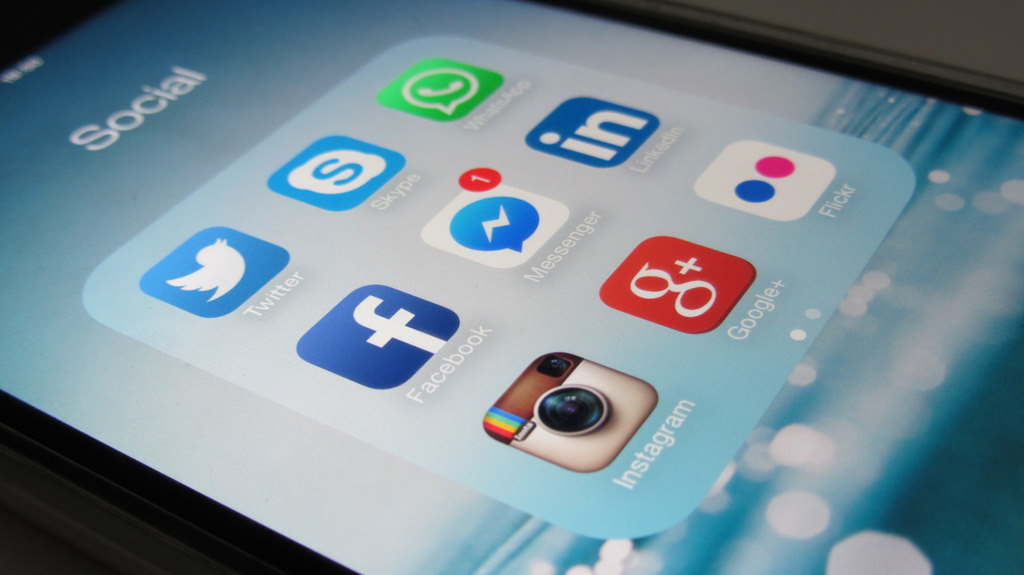Social media is arguably one of the greatest inventions in the past century. But like most great inventions, it has both negative and positive consequences. Sites such as Facebook and Instagram allow you to easily connect with your friends and stay in touch with distant loved ones — but they also allow for a competitive environment where likes and follows measure intrinsic self-worth.
These past few weeks, most of us experienced an increase of photos with family on our feeds due to Easter and Passover celebrations. The quality of these photos range from high-quality, carefully planned portraits to blurry snapchats. And with a decrease in quality comes out that little cynical voice in me that asks whether this photo was taken as a reminder of a strong familial bond, or as a way to rack up likes because it falls right in lines with societal expectations. Are you posting that video of your baby cousin eating a Peep because it’s heartwarming, or because it reminds your friends that you, too, like spending time with family?
Most college students grew up watching the importance of social media grow, and many of us understand what it takes to create a “good” Instagram profile. You may follow the hipster route and post solely artsy photos, or you may choose a more personal account, creating your idealized self online by achieving a perfect combination of pictures with friends, family and of yourself looking incredibly attractive (even if those who surround you in the photo don’t look as good).
Social media is so alluring because it provides a window into the lives of our peers, but that window is dirtier than it appears. As we cultivate our idealized versions of ourselves on the web, we forget that our peers are doing the same. Events you missed out on appear much more fun, the muscles you gained from all your work at the gym appear a lot less significant and your relationships with friends and family appear much more intimate than they actually are.
If you are constantly scrolling through your feeds and blurring the line between browsing and stalking, you are more likely to experience malicious envy. This type of envy makes achieving our goals less likely, as it easily allows one to get caught up in feelings of resentment and self-pity. A study by the American Psychological Association linked passive usage of Facebook to lower well-being, as they prompt social comparison. This type of comparison flourishes on sites like Instagram and Snapchat because unlike Facebook, they are entirely photo based. Passive usage pressures users to post photos with family and friends, even if it tells little about their current state of well-being or the quality of their interpersonal relationships.
Interactive usage of social media can help lessen the pressure to post, as photos no longer exist as the sole reminder of how connected you are. Posting articles on your friends’ walls, sending messages to family members you haven’t seen in years and playing Candy Crush with your real-life crush will ultimately make you feel more connected as you are using social media to strengthen your existing bonds.
Photos are a way we can capture our most cherished memories, but in today’s digital age, where everything comes equipped with a camera, they have become a lot more meaningless. While everyone’s use of social media is different, it does require some degree of time commitment from all types of users, as taking time to post a Snapchat during Passover dinner directs attention away from the moment and onto the picture. If you find yourself logging off Instagram feeling a lot more insecure or withdrawing from it altogether, then it is time to reevaluate how you use social media.



